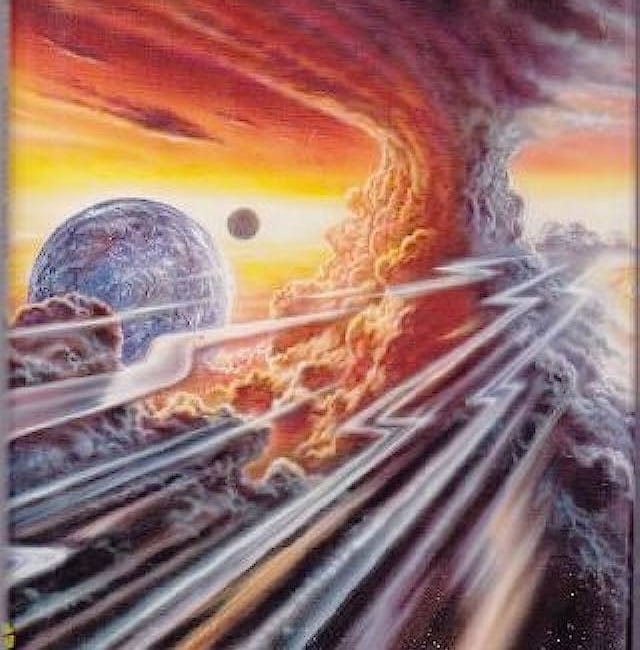A garland of quotations CXX
Culled from the finest nosey parkers in literary history, and re-woven every Wednesday
(Upcoming appearances: June 1, 12–5, Skullastic Book Fair, American Legion Post 16, Shelton CT | July 15, 6–7:30, author talk, Hagaman Library, East Haven CT)
Come and watch. I mean, how often do you see a man lose his nasal virginity?
•M. Ageyev, Novel with Cocaine (1936).
For an animal with upright posture the eye eventually replaces the nose, even in an erotic sense.
•Sàndor Ferenczi, Thalassa: A Theory of Genitality (1924).
The division of a man’s nose into two parts suggests that he ought to posses a spiritual discernment enabling him to decide the good from the bad, the bad from the worse, and the good from the better before pronouncing judgment.
•The Cloud of Unknowing (C 14).
Fool. Thou canst tell why one’s nose stands i’ th’ middle on’s face?
Lear. No.
Fool. Why, to keep one’s eyes of either side ‘s nose, that what a man cannot smell out of he may spy into.
•Shakespeare, King Lear (1606?).
Mr. Pricke, minister of Denham, went to visite one of his sicke parishoners, and ask’t him how he did? “O very ill, Sir.” “Why how hast thou rested?” “Oh wondrous ill, for mine eyes have not come together these three nights.” “Why, what’s the reason of that?” “Alas, Sir,” sayes he, “because my nose was betwixt them.”
•Nicholas Lestrange, Merry Passages and Jests (ca. 1645).
Noses do everything mouths can do except eat. The nose is a second mouth we don’t know how to use as such.
•Malcolm de Chazal, Sens-Plastique (1948).
The nose, for example, of which no philosopher has yet spoken with reverence and gratitude, is actually the most delicate instrument so far at our disposal.
•Nietzsche, Twilight of the Idols (1889).
No wonder the Sphinx has lost her Nose!
And What Keeps Adding to all her Woes?
We don’t know much, but this we knows!
It’s Sand, Sand, Sand!
•Noel Langley, The Land of Green Ginger (1937?).
A snake-charmer and his noseless wife,
snake in hand, walk carefully
trying to read omens
for a son’s wedding,
but they meet head-on
a noseless woman and her snake-charming husband,
and cry “The omens are bad!”
•Basavanna, vacana 105 (C 12).
“My son,” said he, when we were seated, “what is the chief end of your existence?”
“My father,” I answered, “it is the study of Nosology.”
“And what, Robert,” he inquired, “is Nosology?”
“Sir,” I said, “it is the science of Noses.”
•Poe, “Lionizing” (1835).
Agayev: trans. Michael Henry Heim (Dutton, 1984); Ferenczi: trans. H. A. Bunker (Psychoanalytic Qtly., 1938); Cloud: trans. William Johnston (Image, 1973); Lestrange: in William John Thoms, ed., Anecdotes and Traditions, Illustrative of Early English History and Literature, Derived from MS. Sources (Camden, 1839); Chazal: trans. Irving Weiss (Wakefield, 2021); Nietzsche: The Portable Nietzsche (Viking, 1966); Basavanna: in A. K. Ramanujan, Speaking of Siva (Penguin, 1973); some of this material is copyrighted, and I plead only fair use.
A garland of quotations XXXII
What is the greatest question in the world? The greatest question is that of getting food to eat.



